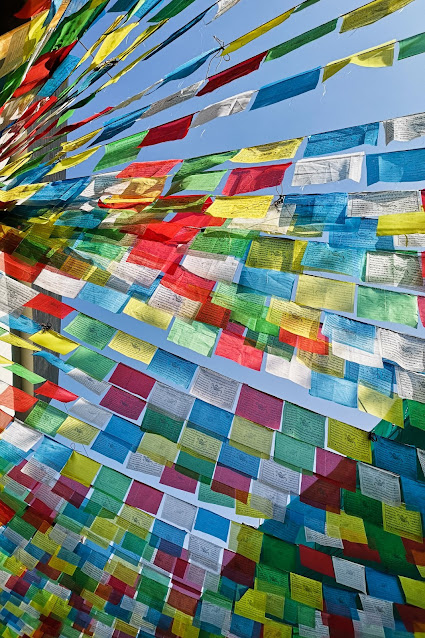Out of Norm Travels - March 2015 Trip down to Sapa, Vietnam
Sapa, is a frontier
town and capital of Sa
Pa District in Lào Cai Province in
northwest Vietnam. I had the
privilege to spend 3 days 2 nights at this location which can be reached via Hanoi,
the capital of Vietnam (where international flights connect into the country).
I heard that there is a new highway that was recently built that links Hanoi to
Sapa which takes a mere 5 hours (and at less expense). But for my trip, I took
the longer route (and to me, more authentic way of travelling within Southeast
Asia i.e. by train) which required 8 hours train travel from Hanoi to
Lao Cai.
For the way down to Sapa, I took the Livitrain Express Train that
departed from Hanoi at around 9p.m. before reaching Lao Cai at 5.30a.m. For the
train ride back from Lao Cai to Hanoi, I took a different train service which
is the Sapaly Express Train
that departed at 8p.m. and reached Hanoi around 4a.m. I will highly recommend the
Sapaly Express Train as it wins hands down even though it’s slightly pricier at
USD46 (vs. USD39 for the Livitrain Express Train). I do believe the extra money
is value for money to travel in style and comfort – to me, Sapaly Express still
eludes the elegance of train travel of yesteryears.
On arrival at Lao Cai train station, it will normally
take around 1 hour to reach Sapa. But since I was there during the weekend, my
1st stop was to Bac Ha Market, which was around 1.5 hours from Lao Cai. This
meant that I was travelling in the opposite direction of Sapa and meant that it
took 3 hours or so for me to reach Sapa that afternoon after the trip to the
market.
What’s so
special about Bac Ha Market? Well, it
is a market where several ethnic minority groups in the area such as Flower Hmong, Red Dao (Yao), Black Dao
(Yao), Giáy, Pho Lu, and Tay ethinic groups dressed in their traditional
finery congregate and gather to make their purchases for the week. I was
blissfully taking over 500 shots just for that market alone before the heat got
to me. I love just sitting down somewhere and observing the energy and vibrancy
of the market that sold everything from the quintessential sugarcane bargains to
the black pigs and buffalo for farming and dog as pets.
That evening was spent resting before the 2nd
morning in Sapa started with a trek that started after breakfast and ended in late
afternoon. I covered both Cat Cat
village and Sin Chai village
in that trek. After some 16,000 steps taken over endless winding
terrain, I was exhausted by the end of the 10km walk. Cat Cat village is quite
touristy simply because of its proximity to Sapa town where the hotels/ B&B
are located (about 2km away). The folks there are reasonably mild mannered and
prepared to walk away when you express no interest in their wares. I trekked down
to Sin Chai village which is located
at the foot of Fansipan Mountain, also
known as 'the roof of Vietnam and Indochina'.
After a well deserved overnight rest, I headed down to Lao Chai Village and Ta Van village for a morning
stroll before bidding Sapa goodbye in the evening. Lao Chai Village is where the black H’mong people are living.
From a high point of the main road around 8 Km from Sapa town, I had a
fantastic view of the whole village offering expansive panoramas of scenery of the
village in the foreground with high mountains in the background. Villagers
in traditional garb greet us along the way with traditional wares like purses
and bags up for sale.
At the time of my travel, USD1 is about
VN20,000- 21,000. Although weather in Sapa was to be a cool 18-22 degree
Celsius, I felt warm throughout my stay there so I was comfortable with cotton / dry-fit
T-shirts throughout my stay in March except for a wind breaker for the
evening.
Here are my collection of shots taken for this trip....
Till the next time, onto the world and beyond!






Comments
Post a Comment